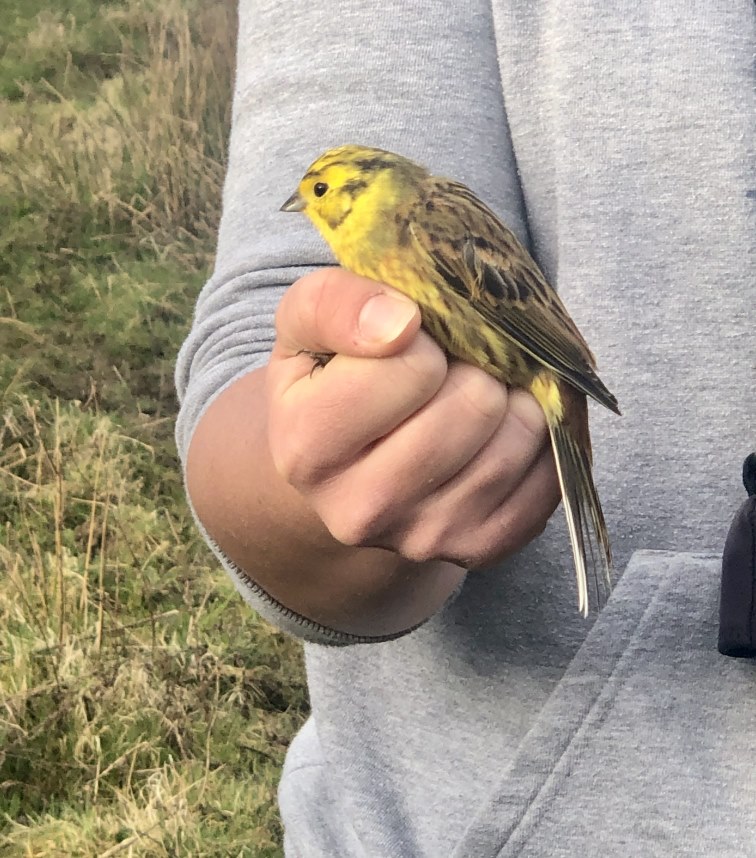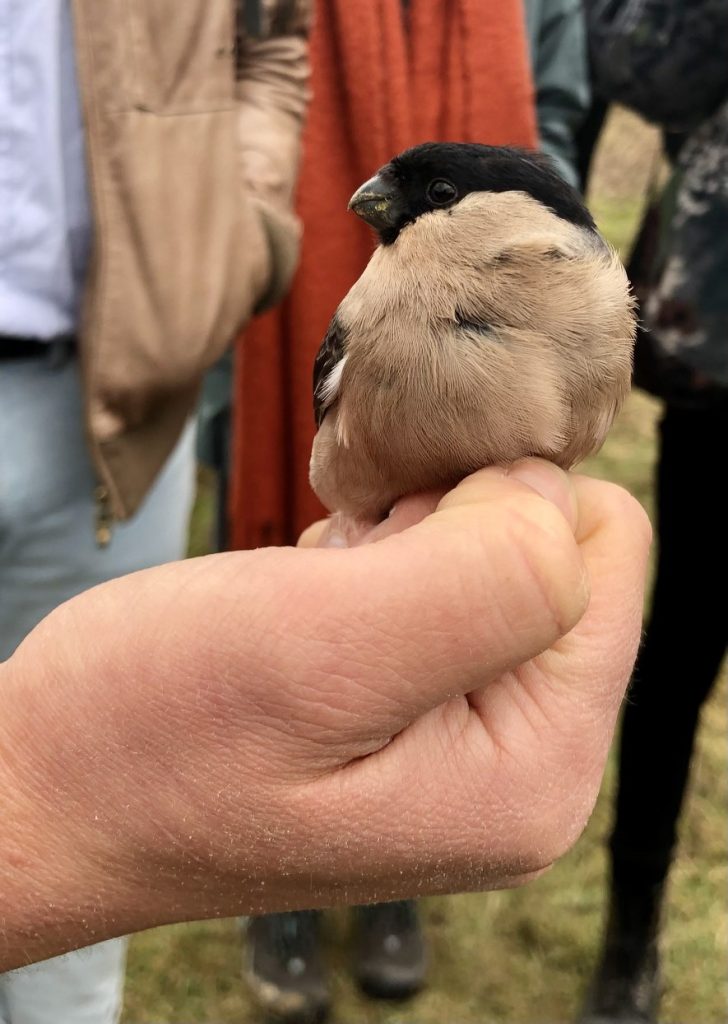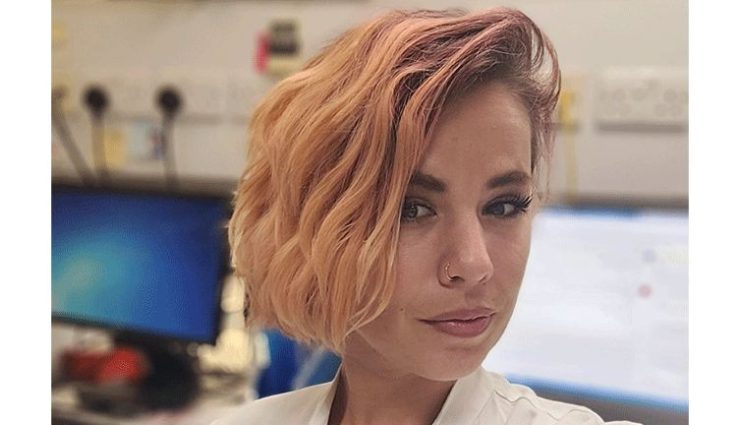The Global Fellowship Scheme provides prestigious awards to enable world-leading researchers and scholars from around the globe to spend between one and three months at the University of Brighton. During this time, they will be able to engage in productive research and build lasting collaborations.
Global Fellows will work in partnerships with University of Brighton colleagues on a joint grant application, produce a co-authored output or co-produced artefact, and share research skills and experience with researchers within our Centres of Research and Knowledge Exchange Excellence and postgraduate students.
We are looking forward to welcoming Professor Alexies Dagnino, University of Valparaiso, Chile in June, who will be collaborating with Dr Melanie Flint.
Continue reading “Welcoming our first cohort of Global Fellows”













